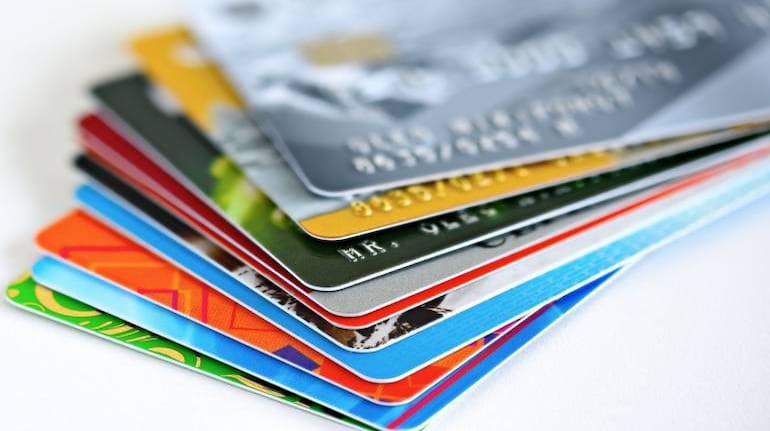
Over the past few months, many credit card issuers have started excluding important categories such as utility bill, insurance, and rent payments from their reward-earning category list. But why are banks focusing on these categories?
Before we get down to that, weaned to acknowledge the fact that with India emerging as a digital payments powerhouse, credit card payments have become a significant part of it.
Indian credit card firms had issued about 95 million credit cards as of October 2023. While this segment has grown exponentially over the past few years, only 6 percent of the Indian population currently has access to credit cards.
The segment holds immense growth potential. In today's digital payments era, people use credit cards not only for convenient payment options but also to accumulate reward points and discount offers. And herein lies the answer to why banks focusing on these categories
A credit card is a powerful financial tool if used correctly. Users can earn a significant amount of cashback, reward points, gift vouchers, and air miles simply by spending on their daily needs. However, a few individuals misuse credit cards on a large scale, prompting banks to exclude certain important categories from their reward-earning lists.
To better understand the situation, here are some examples:
Utility bill payments
a. Many business owners use their personal credit cards to pay their office utility bills. Office bills in lakhs of rupees are much higher than domestic utility bills. However, paying business utility bills with a personal credit card is not allowed, as per a bank's terms and conditions.
b. In small cities, many people visit cyber cafes to pay utility bills online. Some cyber cafe owners use their personal credit cards to pay for others’ utility bills and earn extra rewards. However, this practice too is not allowed.
c. Another issue arises with certain apps/websites where you can pay GST for your business and pay your vendors using credit cards. Many people misuse the vendor payment option to transfer money via their credit card to the bank accounts of their friends and family members who later transfer the same amount back to this person.
The main problem here is that these apps use the utility payment MCC (merchant category code), so a bank considers all payments made on such apps as utility payments, even though in reality they are not.
Also read | Credit cards have much to offer than just credit; here are tips to get the best out of them
Insurance payments
Many insurance agents use their personal credit cards to pay insurance premiums for their clients.
Some individuals play the next-level credit card game. They purchase high-value insurance policies just to meet credit card milestones and earn rewards. Then, during the free-look cancellation period, they cancel the insurance policy and get the money back in their bank account.
Also read | Credit cards are useful, but an emergency fund they ain’t
Rent payments
A common method of cashing out credit card limits is by paying fake rent to family members or friends through online platforms that enable such transactions without a formal rent agreement.
People used such websites to pay rent to friends or relatives, leading banks to not only exclude rent from their reward-earning lists but also impose a surcharge on such payments. It's crucial to note that there may also be consequences for those making fake rent payments.
While credit card devaluation (the reduction of benefits associated with a credit card over time) is an integral part of a credit card's lifecycle, such practices only accelerate the process. Due to misuse by certain professional groups, genuine credit card users bear the brunt.
Also read | Juggling multiple credit cards? Here are ways to strike the perfect balance
Credit card issuers could adopt a more lenient approach by imposing caps on specific categories rather than remove the entire category from the reward-earning list. Banks could set a monthly cap of Rs 50,000 on utility payments, allowing people to earn rewards on utility payments up to that limit. This approach could be a more effective way to handle misuse.
There is another significant issue that the Reserve Bank of India needs to address firmly, which is the way banks and payment gateway providers assign MCCs to merchants.
Many merchants use a point-of-sale machine with a different category MCC to save on merchant discount rate charges even though they are engaged in an entirely different kind of business. As a result, credit card users are not able to earn reward points (which could be at an accelerated rate) at the applicable rate for that category.
A merchant who operates a travel agency may have a POS machine with a grocery MCC. Then, if someone uses a credit card at this travel agency, they will accumulate reward points at the rate applicable for grocery spends and not travel spends.
Banks and other payment gateway providers should conduct a thorough verification before assigning MCCs to merchants.
Check Free Credit Score on Moneycontrol: Easily track your loans, get insights, and enjoy a ₹100 cashback on your first check!